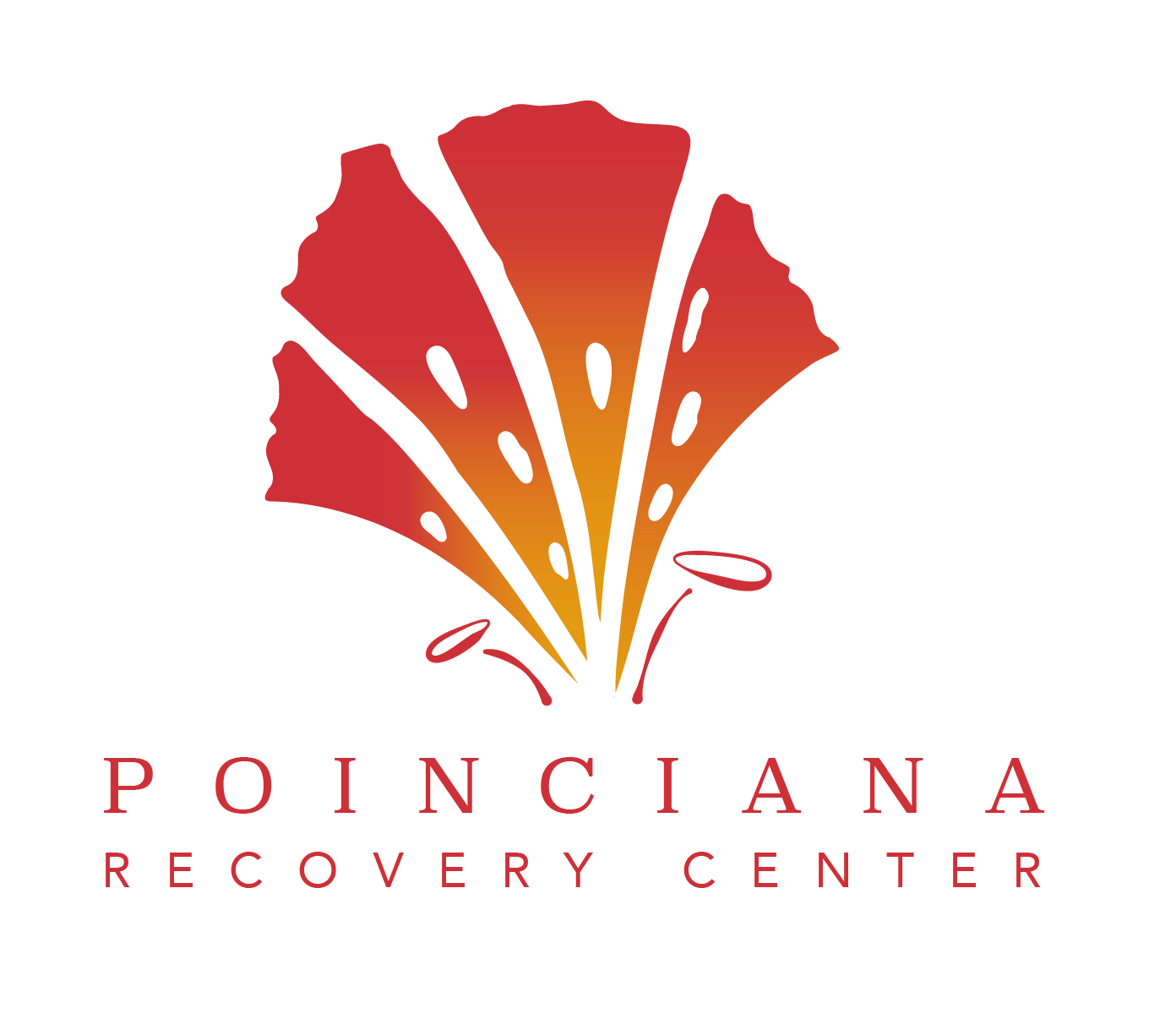Speech Therapy
Speech therapy can help people who have difficulty speaking to communicate better and to break down the barriers that result from speech impediments. The goals of speech therapy include improving pronunciation, strengthening the muscles used in speech, and learning to speak correctly.
Why do you need speech therapy?
Speech and language therapists provide life-changing treatment, support and care for children and adults who have difficulties with communication, eating, drinking and swallowing.
There are several speech and language disorders that can be treated with speech therapy.
- Articulation disorders. An articulation disorder is the inability to properly form certain word sounds. A child with this speech disorder may drop, swap, distort, or add word sounds. An example of distorting a word would be saying “thith” instead of “this”.
- Fluency disorders. A fluency disorder affects the flow, speed, and rhythm of speech. Stuttering and cluttering are fluency disorders. A person with stuttering has trouble getting out a sound and may have speech that is blocked or interrupted, or may repeat part of all of a word. A person with cluttering often speaks very fast and merges words together.
- Resonance disorders. A resonance disorder occurs when a blockage or obstruction of regular airflow in the nasal or oral cavities alters the vibrations responsible for voice quality. It can also happen if the velopharyngeal valve doesn’t close properly. Resonance disorders are often associated with cleft palate, neurological disorders, and swollen tonsils.
- Receptive disorders. A person with receptive language disorder has trouble understanding and processing what others say. This can cause you to seem uninterested when someone is speaking, have trouble following directions, or have a limited vocabulary. Other language disorders, autism, hearing loss, and a head injury can lead to a receptive language disorder.
- Expressive disorders. Expressive language disorder is difficulty conveying or expressing information. If you have an expressive disorder, you may have trouble forming accurate sentences, such as using incorrect verb tense. It’s associated with developmental impairments, such as Down syndrome and hearing loss. It can also result from head trauma or a medical condition.
- Cognitive-communication disorders. Difficulty communicating because of an injury to the part of the brain that controls your ability to think is referred to as cognitive-communication disorder. It can result in memory issues, problem solving, and difficulty speaking, or listening. It can be caused by biological problems, such abnormal brain development, certain neurological conditions, a brain injury, or stroke.
- Aphasia. This is an acquired communication disorder that affects a person’s ability to speak and understand others. It also often affects a person’s ability to read and write. Stroke is the most common cause of aphasia, though other brain disorders can also cause it.
- Dysarthria. This condition is characterized by slow or slurred speech due to a weakness or inability to control the muscles used for speech. It’s most commonly caused by nervous system disorders and conditions that cause facial paralysis or throat and tongue weakness, such as multiple sclerosis (MS), amyotrophic lateral sclerosis (ALS), and stroke.

